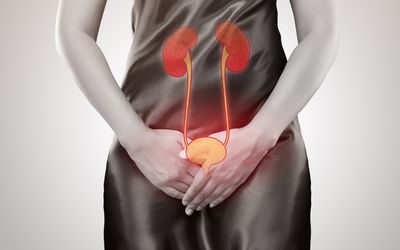Did you know that women are more prone to urinary tract infections? Women have short urethras, as compared to men. So women are more prone to develop urinary tract infection.
Urinary tract infection is defined as an infection of the lining of the urinary bladder and urethra. A urinary tract infection occurs when infectious organisms enter the urinary tract- usually through the urethra and cause infection. In some cases, the bacterial infection might travel up to the kidneys resulting in kidney infection.
Special situations:
Pregnancy and childbirth:
During pregnancy, the symptoms of urinary tract infection may vary. Sometimes there can be no symptoms at all. This situation is called as “Asymptomatic bacteriuria.”
Early days of sexual activity:
In early days while getting sexually active, women are more prone to urinary tract infection. Some call this as “Honeymoon cystitis”.
Perimenopause/ menopause:
Reduced hormones in the body lead to reduced lubrication. Women in this age group are more prone to urinary infections.
What are the symptoms of urinary tract infection?
- Pain in the pelvic region and abdomen
- Strong urge to urinate (but may urinate only a few drops)
- Urinating more often
- Burning sensation while urinating
- Unpleasant smelling urine (foul odour)
- generalised body pain, fever and fatigue
How is it treated?
UTI is normally treated with antibiotics. In severe cases intravenous antibiotics may be needed. Painkillers can help relieve pain.
What are the preventive measures?
- Drink plenty of water to help flush out bacteria from your excretory system.
- Drink cranberry juice. The juice is scientifically proven to treat as well as prevent UTI by preventing disease-causing organisms from sticking to the walls of the urethra.
- Have plenty of vitamin C rich foods. Vitamin C improves the immunity and helps the body fight the infection.
- Practice good restroom hygiene. Take extra care during menstruation.
- Wear loose clothes. Prevent excessive sweat in that area.
- Special care while lovemaking: Urinate soon after having sexual intercourse to flush out organisms that may have reached the urethra. Also, wash the area with water thoroughly after having intercourse.
